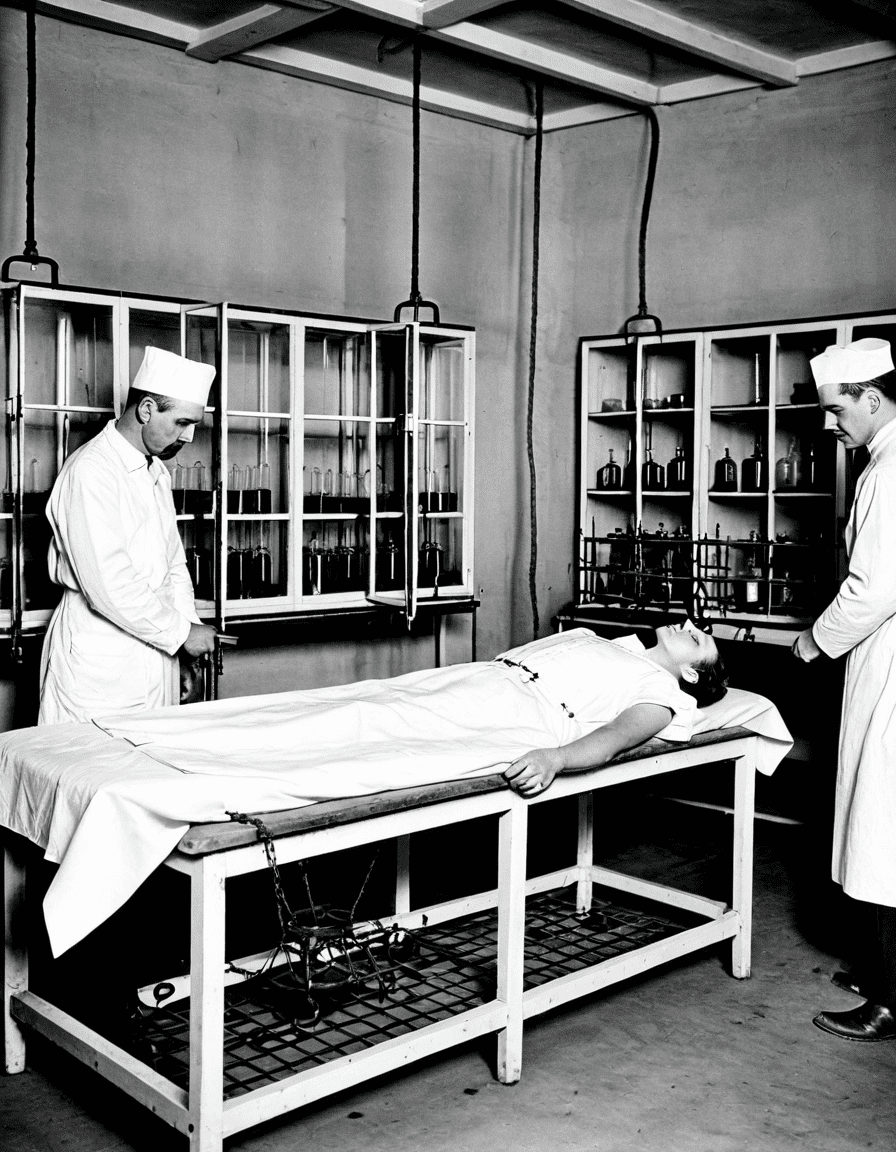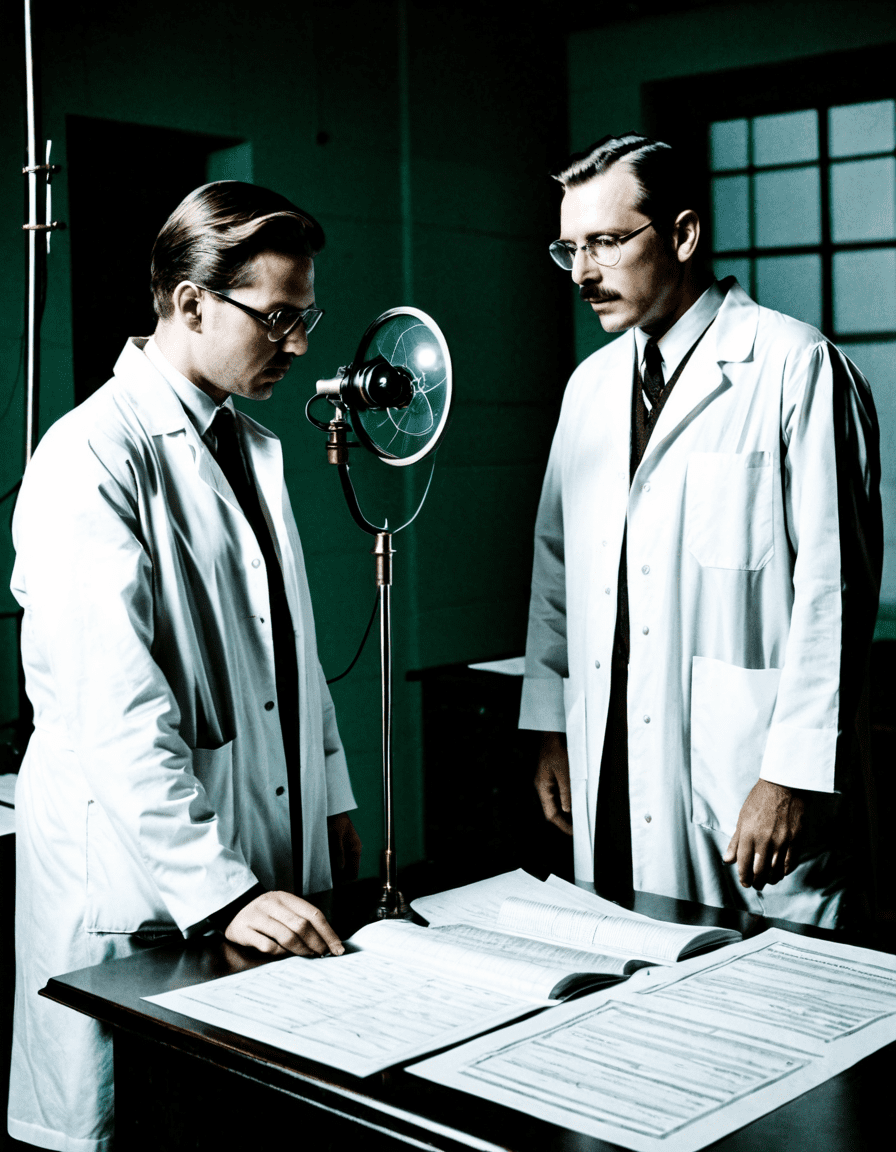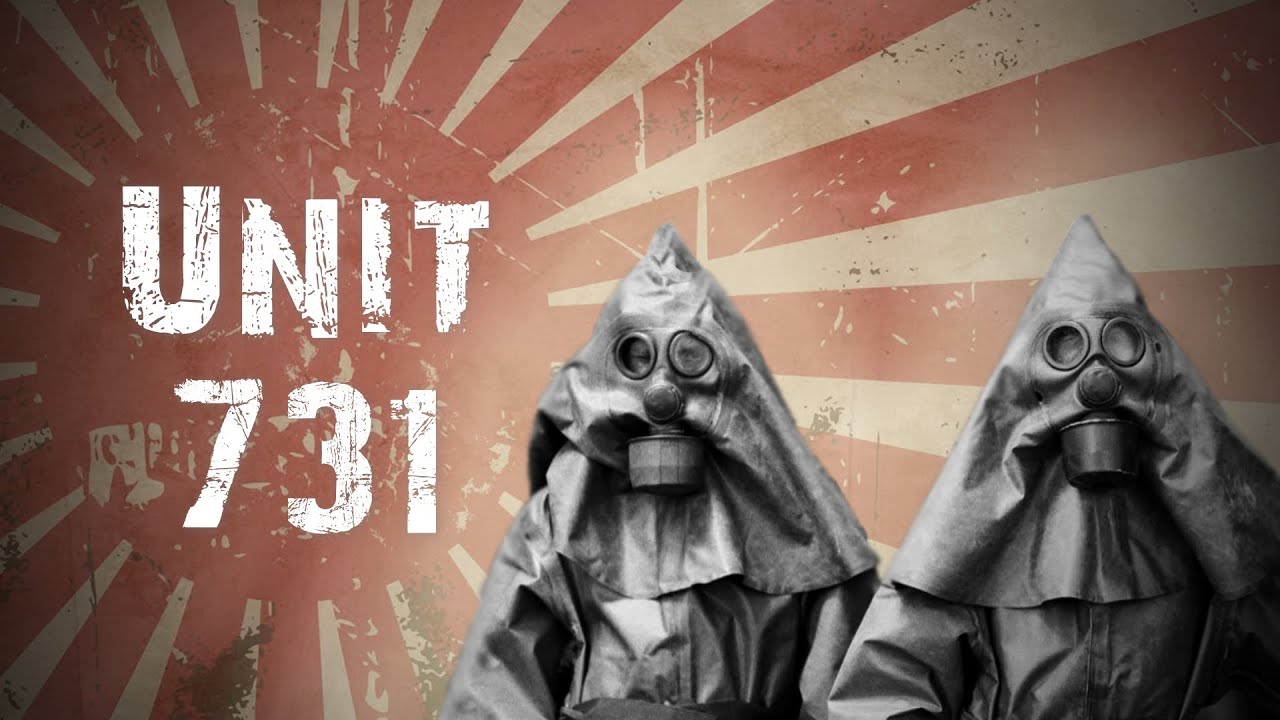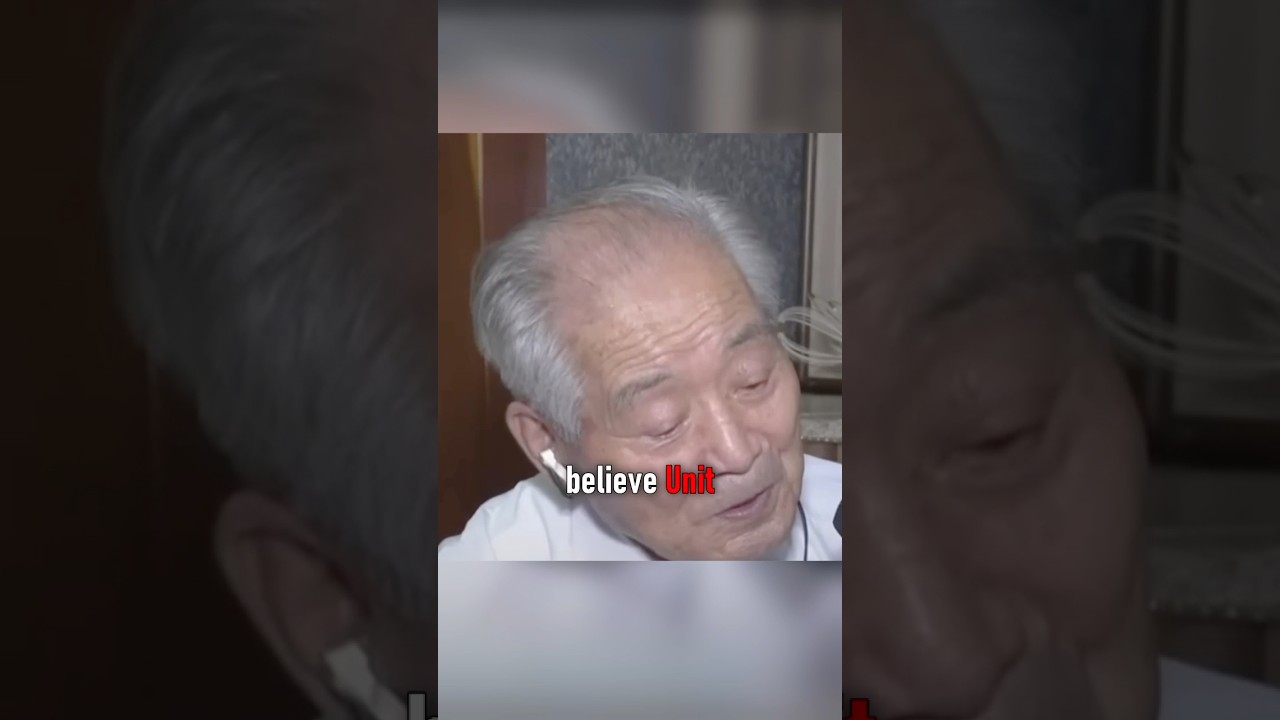When we think about the darkest chapters of history, Unit 731 often lurks in the shadows, a shadowy entity that many wish to forget but should never be diluted in the annals of time. Established by the Imperial Japanese Army during World War II in 1936, this notorious unit operated without a moral compass, led by Dr. Shiro Ishii. Its existence unfolded mainly in Harbin, China, where military objectives trumped humanity, creating a chilling backdrop for some of the most grotesque experiments in human history.
Delving into the unsettling origins of Unit 731 reveals how this unit became a prime example of ethical failure in the name of scientific inquiry. Dr. Ishii believed that warfare could benefit from a formalized approach to human experimentation. The belief that human lives were expendable for the sake of progress unleashed a torrent of horrors that haunt us today. Ever wonder how such a grizzly operation could flourish? Well, this was a time when survival of the fittest extended beyond the battlefield onto the very fabric of ethics and morality.
Top 7 Atrocities Committed by Unit 731: Human Experiments Unveiled
Understanding the depths of Unit 731’s horror involves exploring seven atrocities that sound more like bread-and-butter horror movie plots than a reality—and yet, they are hauntingly real.

The Legacy of Unit 731: Impact on Ethics in Medical Research
After the dust of WWII settled, the implications of Unit 731’s actions gave rise to a ripple effect in medical ethics. The shocking revelations from these experiments led directly to the formation of the Nuremberg Code, a set of ethical guidelines in medicine ensuring informed consent. While the lessons learned can sound like a new chapter in a textbook, they resonate deeply with modern-day ethical challenges.
Understanding how Unit 731 operated compels us to reflect on how history can shape present-day standards in medical research. Today, the legacy of such horror prompts a heightened awareness—ensuring that consent and ethical treatment are the bedrock of medical experimentation. The nightmare should remind us that these ethical guidelines exist for a crucial reason: to protect human dignity and welfare.
Current Reflection on Unit 731: Revisiting Historical Narratives
As society wades through the complex waters of human rights in this modern age, the legacy of Unit 731 surfaces as a cautionary story. Many nations tend to gloss over the darker aspects of their pasts, often engaging in historical revisionism. So it becomes paramount for us to tackle these shadows head-on, engaging with troubling moments to ensure they don’t fade away like forgotten classics.
This act of remembrance serves as a reflection of our collective responsibility. While the human heart may wish to tuck these stories in the corner of history, confronting them is crucial to our moral evolution. After all, ethical diligence in research isn’t a relic of history—it’s a vibrant argument in today’s tech-driven world.

Reconciliation and Remembrance: Lessons from a Disturbing Past
Wrapping our heads around the horrors of Unit 731 propels us toward the road of reconciliation. Whether through memorials or educational programs, keeping the victims’ stories alive emphasizes the importance of collective memory. Just think how movies like The Menu or other mind-benders encapsulate the essence of human suffering mixed with dark humor; often, they remind us that laughter can be a coping mechanism but shouldn’t absolve us of confronting real pain.
Facing up to history’s ghosts is not merely a narrative process; it’s an act of preserving morality in the face of potential setbacks. We must ensure that such ethical breaches remain unspeakable in practice. Vigilance in ethics isn’t just another checkbox; it’s the essence of human dignity, ensuring that we keep the atrocities of Unit 731 from being repeated.
By dissecting Unit 731’s grizzly legacy, we confront our deeper reflections about human nature, inevitably shaping a healthier future. Let’s hold these lessons close, embracing our responsibility as storytellers, filmmakers, and, in some sense, guardians of our collective human experience. So, as cinephiles, let’s remember—knowledge isn’t just power; it’s a commitment to shaping a better world.
unit 731: The Horrific Secrets of Human Experimentation
Behind the Curtain of Cruelty
Unit 731, a notorious secret division of the Imperial Japanese Army, conducted unspeakable human experiments from 1937 to 1945. While many may find echoes of this chapter in true crime dramas or films like The Menu movie, the real-life atrocities were far more horrifying. It’s often hard to fathom that these dark experiments—encompassing everything from vivisections to biological warfare testing—occurred during a time when certain human rights were beginning to gain prominence. In a way, these events can remind one of the shocking twists in The Butterfly effect, where actions ripple through time with catastrophic consequences.
The Cast of Characters
While many may approach the subject with a sort of morbid curiosity, remarkable stories emerge from the shadows. For instance, some of the key figures in Unit 731 have drawn parallels to notorious historical characters—like cold-hearted scientists in fiction. Just as Wormwood showcases the impacts of government experimentation, the doctors of Unit 731 were driven by dubious ethics and nationalistic fervor, losing any semblance of moral clarity. Meanwhile, the monstrous image of dehumanization resonates with the public, reminiscent of national dramas on daytime television, such as the convoluted plotlines of Young And The Restless cast.
Remembering the Victims
Unit 731’s legacy is a reminder of the significant cost of science run amok. The stories of those who suffered, often compared to artistic depictions of resilience like the movie Peaches, serve to keep the memory alive. Ultimately, as we reflect on history, we can’t ignore the necessity of bearing witness. Through tales of survivors, we uncover a profound lesson about the capacity for cruelty and the importance of safeguarding human rights. Just like the shocking unveiling of historical figures, such as Infanta Sofia Of Spain, who symbolize grace amid turmoil, the stories from Unit 731 remind us of our shared humanity and the perpetual need for ethical responsibility.








